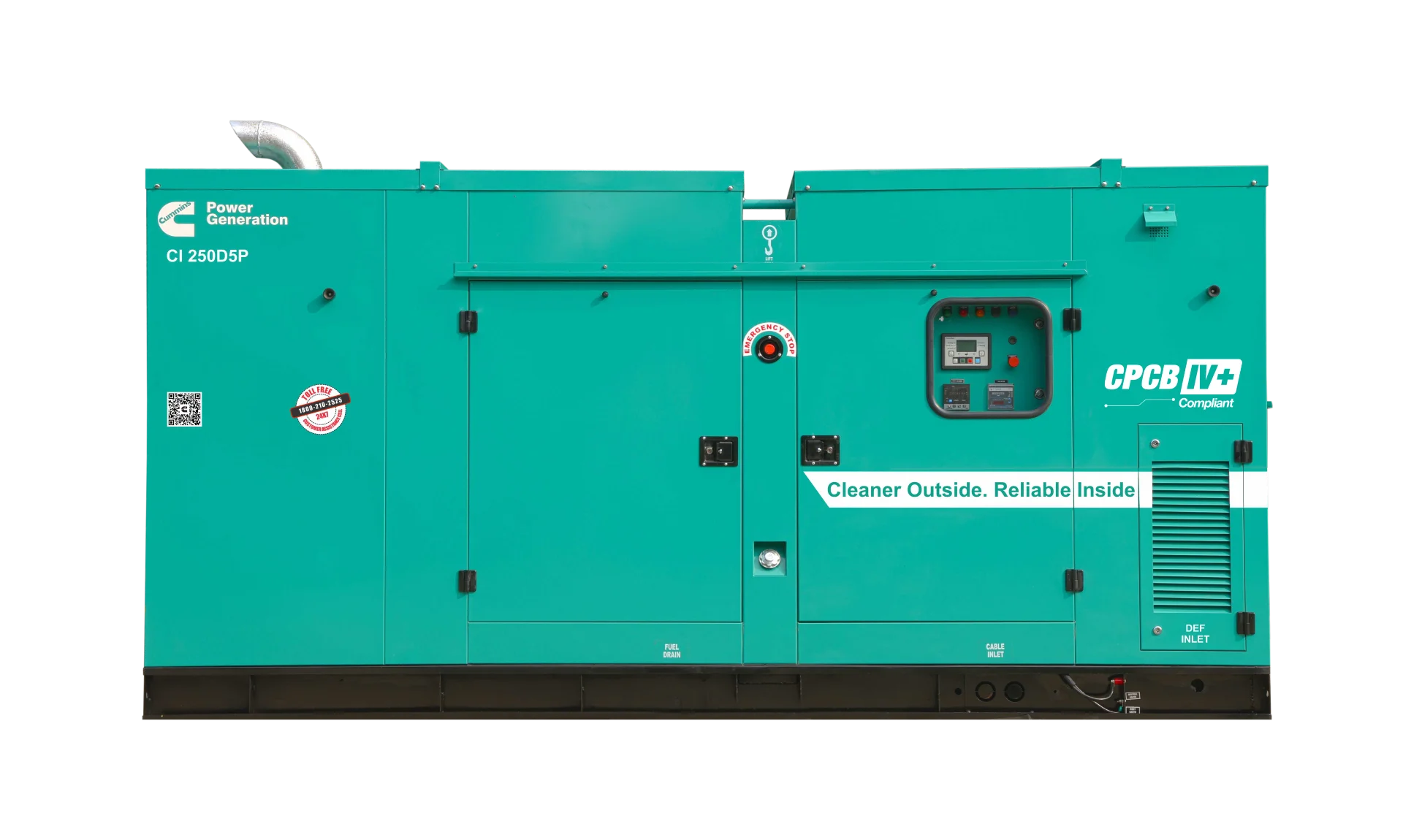How the Generator Industry Changed in the Last Decade in India

In India, generators have long been a vital part of the industrial and commercial environment, acting as a dependable supply of electricity in remote locations and as a backup power source in the event of grid disruptions. India's generator market has changed significantly in the last ten years due to a variety of factors, including government legislation, shifting customer tastes, technological developments, and changes in the market.
The majority of India's generator market in the early 2010s was made up of traditional diesel generators (DGs), which are renowned for their dependability but have drawn criticism for their excessive emissions and noise levels. But as technology advanced and environmental concerns grew, the industry saw a slow but steady transition to greener, more effective alternatives. Significant progress has been made in generator technology over the past ten years, especially in the creation of more environmentally and energy-efficient models. Manufacturers have made significant R&D investments in order to launch generators that run on alternative fuels like solar energy, biofuels, and natural gas. These environmentally smart choices save money over time in addition to lowering carbon emission India's generator industry is becoming more and more competitive, with many different companies offering a variety of goods to suit different industries, such as commercial, industrial, residential, and healthcare. In addition, there's a rising need for integrated systems that automate and remotely monitor generators using smart technology The generator sector has been greatly impacted by government programs meant to reduce pollution and promote renewable energy sources. Manufacturers have been encouraged to invest in cleaner technology and adhere to environmental standards through policies like the National Solar Mission and tougher emission requirements.
For the generator industry, environmental sustainability has been a major topic of attention. Growing public awareness of pollution and climate change is driving demand for environmentally friendly products with lower environmental impacts. As a result, in order to allay these worries, manufacturers are looking at cutting-edge solutions like hybrid generators and energy storage systems.
Over time, consumer preferences have changed, placing a greater focus on efficiency, noise reduction, and dependability. These days, silent generators with cutting-edge features like remote monitoring and automated start-stop functionality are more popular. Furthermore, the need for portable generators for leisure and recreational activities is rising.
To keep ahead of the competition, companies in the generator market are concentrating on innovation in addition to branding, after-sales assistance, and product differentiation. Investing in R&D to bring innovative solutions that improve performance, efficiency, and sustainability is part of this. In addition, businesses are adopting smart technology and digitization to provide comprehensive solutions that satisfy changing customer demands. In the very competitive Indian generator market, companies may fortify their position and prosper by persistently innovating and adjusting to shifting market conditions. Notwithstanding its significant progress, the Indian generator industry faces a number of challenges, including rising fuel prices, disruptions in the supply chain, and unpredictable regulations. Moreover, the necessity of substantial financial investments and scientific expertise in the transition to environmentally friendly technologies may pose challenges for smaller businesses.
Notwithstanding these obstacles, India's generator market offers enormous growth potential due to the rising demand for dependable power sources in both urban and rural areas. Furthermore, it is anticipated that programs like Made in India and Atmanirbhar Bharat will increase domestic production and foster an atmosphere that is favorable for business in the sector.
Future Outlook
India's generator market is expected to continue expanding and innovating in the future. Rapid industrialization, urbanization, and infrastructure development are predicted to increase demand for dependable electricity sources. Furthermore, developments in battery storage and renewable energy are probably going to change the sector and open up new avenues for expansion and sustainability.

